UNI NOVA – Research Magazine of the University of Basel
-
 Dossier
DossierA model to feed the world.
Text: Catherine Weyer / The world population is growing – and with it demand for food. With a view to satisfying this appetite in the future, Ruth Delzeit and her team model how to make the best use of the land available to us.
-
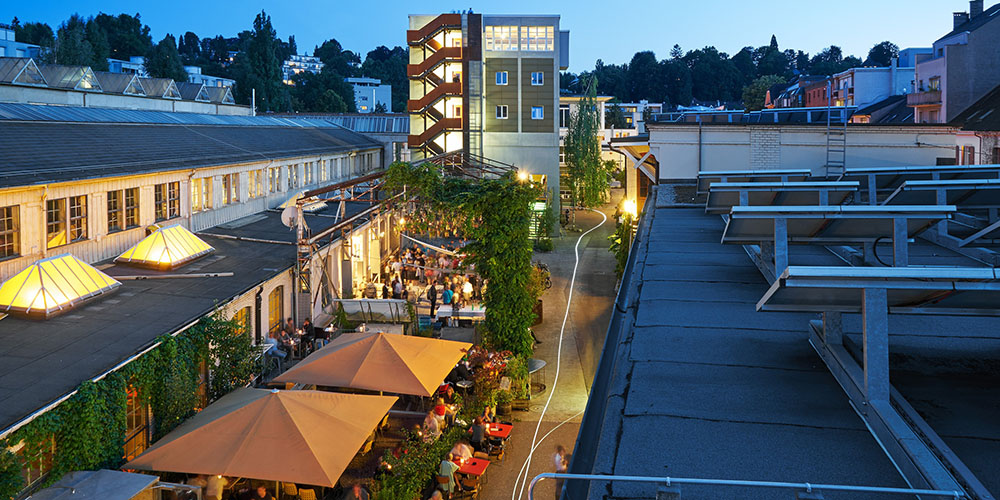 Dossier
DossierStronger together.
Text: Noëmi Kern / Bonding together with like-minded people is part and parcel of human nature. What this can achieve can be seen in the example of the Gundeldinger Feld development in Basel. Far from being a threat, growing and heterogeneous societies actually represent an opportunity in this context.
-
 Dossier
DossierAn end to endless growth?!
Text: Samuel Schlaefli / Environmental economist Frank Krysiak and environmental ethicist Andreas Brenner agree on one thing: Our economy needs to become more sustainable. Should we have to reject the growth paradigm in order to achieve that goal? Three arguments for and against a post-growth economy.
-
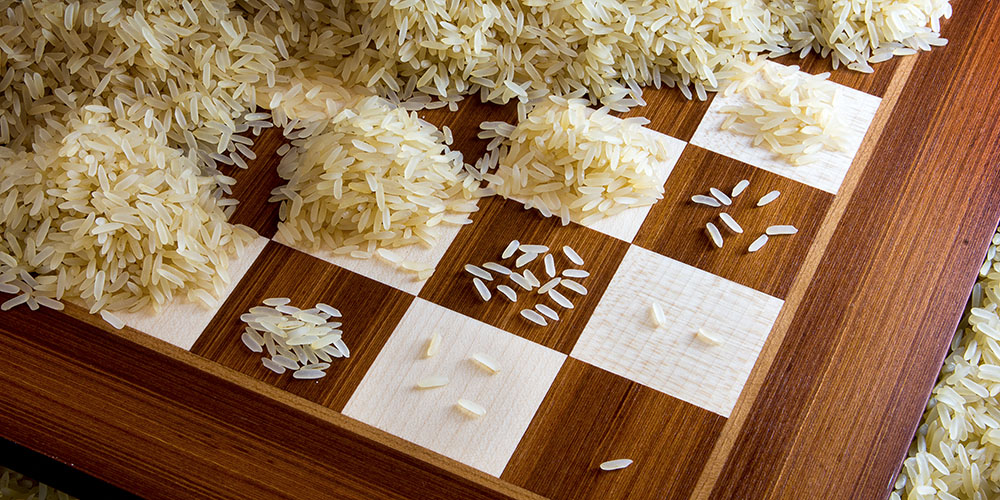 Dossier
Dossier«Even mathematicians sometimes get it wrong.»
Text: Tim Schröder / Many countries were caught off guard by the rapid surge in Covid-19 cases. Mathematician Helmut Harbrecht discusses the mathematics behind exponential growth – and why we have such a hard time wrapping our heads around it.
-
 Dossier
DossierArtificial intelligence tidies up.
Text: Yvonne Vahlensieck / The number of photos and videos that people accumulate over their lifetimes is becoming immeasurably large. In order to maintain an overview, we have no choice but to rely on technical solutions. But this has its disadvantages.
-
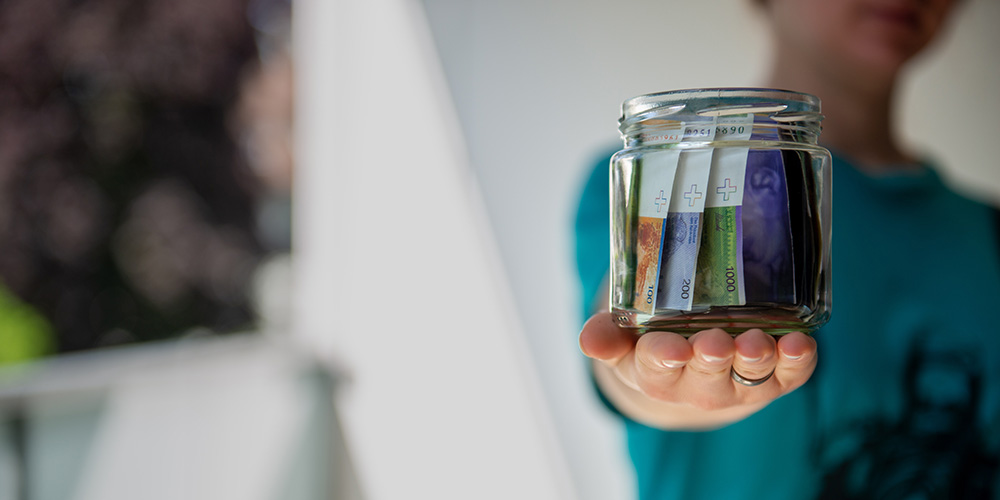 Dossier
DossierA better way to save.
Text: Martin Bornhauser / The point of investing is to multiply your assets – as a provision for older age, for example. Shares offer a higher yield than a retirement savings account. When choosing a private pension plan (known as pillar 3a in Switzerland), fees and transparency are important considerations.
-
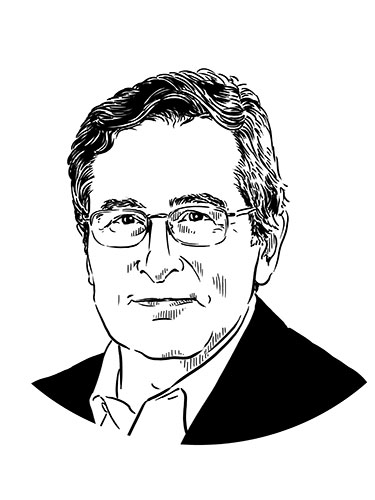 Dossier
DossierThe multitalented protein.
Text: Angelika Jacobs / 30 years ago, Michael N. Hall and his team made a profound discovery. With far-reaching implications. Only after numerous setbacks, came success and recognition.
-
 Dossier
DossierWeighty questions.
Text: Santina Russo / An increasing number of people are severely overweight. Researcher and physician Professor Katharina Timper is on the case, offering consultation and treatment for patients at the obesity outpatient clinic at University Hospital Basel. She often finds herself correcting misconceptions.
-
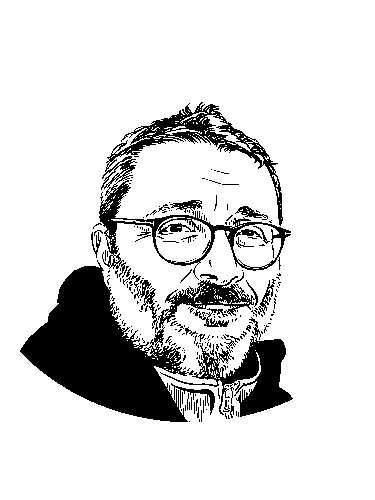 Opinion
OpinionShould we always obey laws, Markus Wild?
Text: Markus Wild / Anyone who breaks an existing law must face the consequences. What reasons are there for not obeying the law in spite of this?
